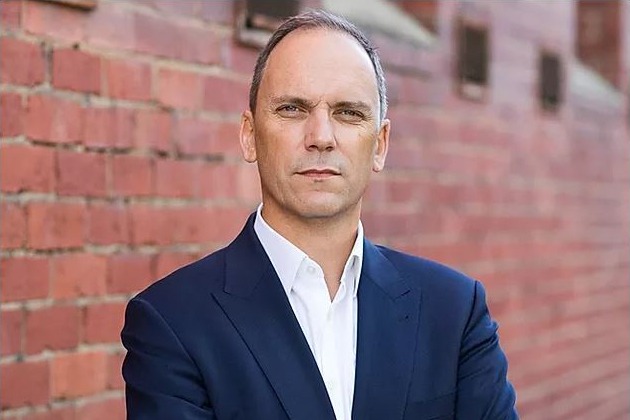The following article was originally published on Shortlist, 30 January 2020 and I’m in total agreement with Charles Cameron. Australian employers don’t know how good they’ve got it when compared with other Western countries. It’s time our industry stood up to be counted.
Time to push back on bad business terms: RCSA
A rising number of recruitment companies are pushing back against ‘bad business’, but the issue requires a stronger response, says RCSA CEO Charles Cameron.
“We’re even seeing the larger players – the Manpowers, the Adeccos – making decisions to get out of certain markets and have greater confidence not to supply just for the sake of top-line revenue,” he tells Shortlist.
This should apply with PSAs and large-scale contracts, or indeed any arrangements with clients where recruiters take on a disproportionate amount of risk and costs, or the margins “are so razor thin that there is no room for any form of error or significant event”.
In the ACT, for example, some government employers are trying to push the cost of candidates’ security clearances – which can be upwards of $10,000 – on to recruitment suppliers, Cameron says.
Many Australian agencies have historically agreed to business terms and conditions they shouldn’t really allow, he says, and in his travels to the UK, Europe and the United Sates, Cameron finds industry leaders are “horrified” by what their local counterparts accept.
Recruiters shouldn’t fear saying no, he adds, because “in many circumstances those clients will actually come back to them and say ‘all right, we will do the business on your terms’, because they can’t find alternative suppliers who can actually find the talent”.
RCSA is planning a campaign to encourage more recruiters to reject commercially unviable business, he adds. “We need to give confidence to each and every firm to be able to say no.”
What makes a ‘good’ client?
The profile of a good client, says Cameron, includes a willingness to engage suppliers with clarity and transparency – by setting clear business objectives and budgets at the onset of the relationship.
It also means working with clear and consistent performance expectations and evaluations, along with transparency and accountability around legal issues and risks…
This excerpt is reproduced with permission from Shortlist, and the full article has been temporarily unlocked for access without a subscription.

Geoff Slade has worked at the forefront of the Recruitment industry for 50 years. He is the Executive Chairman of Slade Group and was awarded a Centenary Medal for services to the industry.

